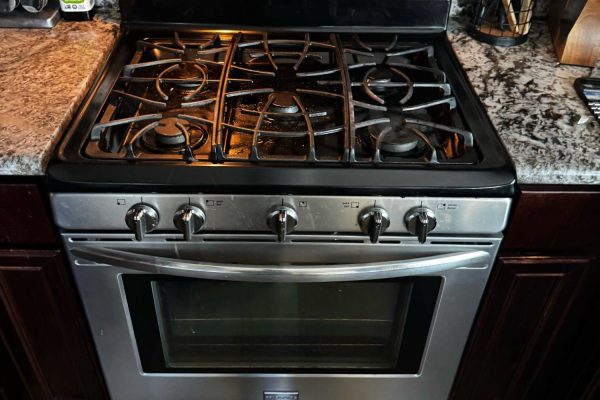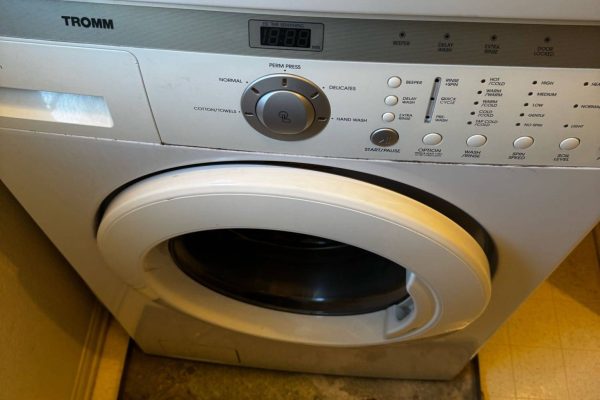Refrigerators are essential appliances in our homes, keeping our food fresh and preserving perishable items. However, they can also be significant energy consumers, contributing to higher electricity bills. By implementing energy-saving practices and ensuring timely repairs, you can maximize the efficiency of your refrigerator and save both energy and money. In this article, we will explore some valuable tips on how to improve energy efficiency and address common refrigerator repair issues.
Optimal Temperature Settings
Set your refrigerator’s temperature to the recommended levels. The ideal temperature range for the refrigerator compartment is between 37°F and 40°F, while the freezer compartment should be kept at around 0°F. These settings ensure food safety while minimizing energy consumption.
Keep the Doors Sealed
Inspect the door gaskets regularly to ensure they create a tight seal. Loose or damaged gaskets can allow cool air to escape, leading to energy wastage. Clean the gaskets with mild detergent and warm water, and replace them if necessary.
Proper Placement
Place your refrigerator away from direct sunlight, heat sources, and other appliances that generate heat, such as ovens or dishwashers. Excessive heat can force the refrigerator to work harder, consuming more energy. Leave adequate space around the refrigerator for proper air circulation.
Clean the Condenser Coils
The condenser coils, located either at the back or underneath the refrigerator, play a vital role in releasing heat. Dust and debris can accumulate on these coils over time, obstructing heat dissipation and reducing efficiency. Clean the coils regularly using a vacuum cleaner or a brush.
Check the Door Seals
Inspect the door seals for any signs of damage or wear. Cracked or torn seals can cause cool air to leak, leading to energy loss. Replace faulty seals promptly to maintain optimal energy efficiency.
Regular Defrosting
If your refrigerator has a manual defrost function, ensure regular defrosting. Ice buildup in the freezer compartment restricts airflow and forces the refrigerator to work harder. Defrosting eliminates excess ice, allowing the appliance to run efficiently.
Fill It Up
Keep your refrigerator moderately stocked but avoid overcrowding. A well-stocked refrigerator helps maintain a stable temperature as the food items act as insulation. However, excessive items can hinder proper air circulation, affecting efficiency.
Timely Repairs
Address any refrigerator repair issues promptly. Faulty components, such as a malfunctioning thermostat, motor, or defrost system, can lead to increased energy consumption. Contact a professional repair service to diagnose and fix any problems.
Energy-Efficient Models
Consider investing in an energy-efficient refrigerator model. Look for the ENERGY STAR® label, which indicates that the appliance meets strict energy efficiency guidelines. These models are designed to consume less energy while still providing optimal cooling performance.
Unplug Unused Refrigerators
If you have a secondary or old refrigerator that is not frequently used, consider unplugging it. Running an extra refrigerator unnecessarily can significantly contribute to your energy consumption and expenses.
By implementing these energy-saving tips and addressing any repair issues promptly, you can optimize the energy efficiency of your refrigerator and reduce your electricity bills. Remember to consult your refrigerator’s manual for specific maintenance guidelines and always seek professional assistance for complex repairs.
If you need help with your appliance, our repair experts are available right now! Give a call to a professional technician from our Poway Appliance Repair Service Center or book now. Our service center is operating 24/7, so you can easily choose the most suitable time for repair. The specialist will show up on time, examine the appliance, and, if needed, offer repairs. It won’t take more than 1-2 hours to fix the appliance if you decide to go ahead with it. We guarantee first-class service at a reasonable cost!
Contact us


